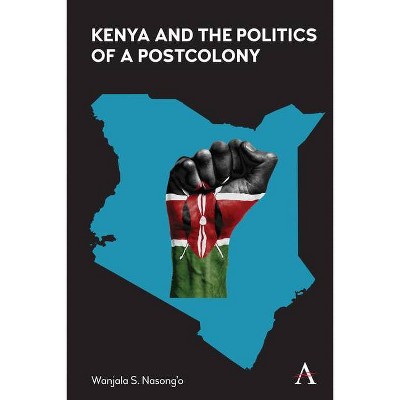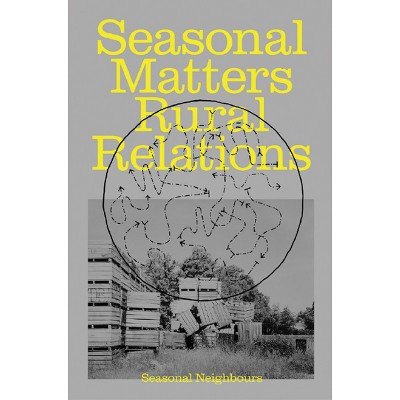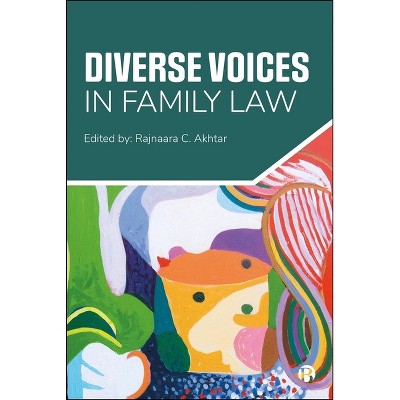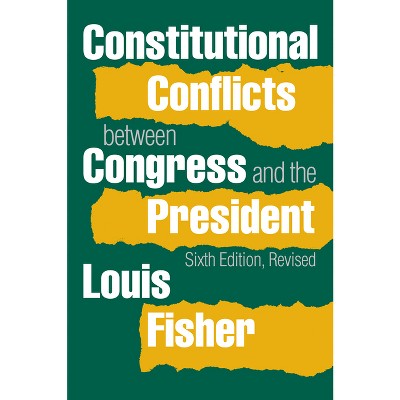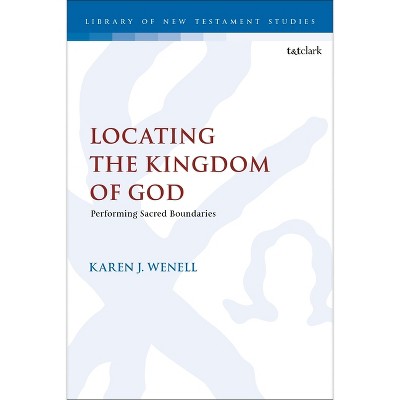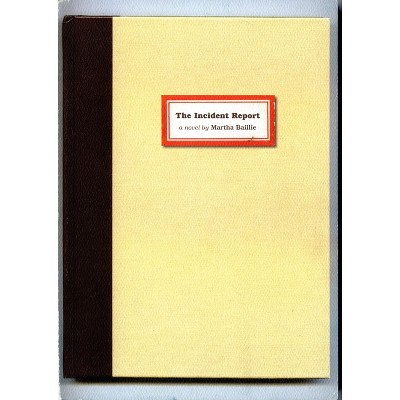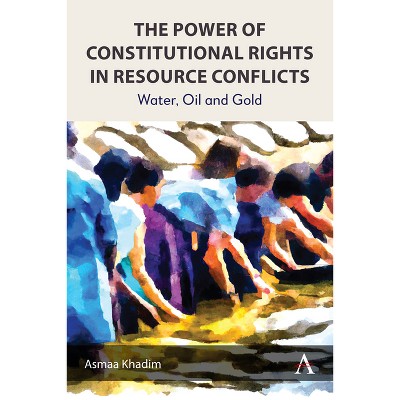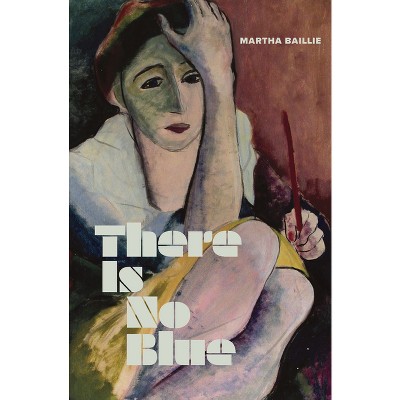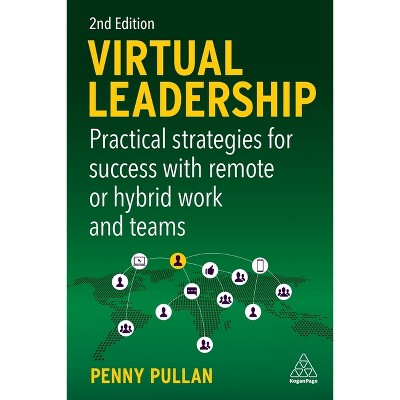Sponsored

Locating Urban Conflicts - by W Pullan & B Baillie (Hardcover)
In Stock
Sponsored
About this item
Highlights
- Cities have emerged as the epicentres for many of today's ethno-national and religious conflicts.
- About the Author: James Anderson, Queen's University Belfast, Northern Ireland Amneh Badran, al-Quds University, Palestine Allan Cochrane, Open University, UK Hillel Cohen, Hebrew University of Jerusalem, Israel Michael Dumper, University of Exeter, UK Felipe Hernández, University of Cambridge, UK Caroline Humphrey, University of Cambridge, UK Milena Komarova, Queen's University Belfast, Northern Ireland Lefkos Kyriacou, University of Cambridge, UK Craig Larkin, King's College London, UK Liam O'Dowd, Queen's University Belfast, Northern Ireland Maximilian Sternberg, University of Cambridge, UK Salim Tamari, Birzeit University, Palestine
- 269 Pages
- Political Science, Civics & Citizenship
Description
About the Book
"Cities have emerged as the epicentres for many of today's ethno-national and religious conflicts. In twelve multidisciplinary essays, Locating Urban Conflicts: Ethnicity, Nationalism and the Everyday brings together key themes that dominate our current political, social and cultural attention: emerging areas of contestation in rapidly changing and modernising cities, the resulting forms of habitation and spatial practice, and the effects of extreme and/or enduring conflicts upon ordinary civilian life. Such problems may be generated by larger state and regional issues to do with national identity, borders and territory, but in all cases, everyday life is regularly affected, with strong consequences for the urban arena. Section themes on Spatial Horizons, Reassessing Divisions, and Being Modern, cross-cut the research on cities in Europe and the Middle East, identifying common concerns against which the examples in this volume can be considered. Together the chapters reveal critical issues affecting ethno-national conflict in cities today"--Book Synopsis
Cities have emerged as the epicentres for many of today's ethno-national and religious conflicts. This book brings together key themes that dominate our current attention including emerging areas of contestation in rapidly changing and modernising cities and the effects of extreme and/or enduring conflicts upon ordinary civilian life.Review Quotes
"Wendy Pullan and Britt Baillie's edited book brings together a series of multidisciplinary essays exploring how cities are shaped by ethnonational and religious conflicts. ... The resulting book is a collection of essays that offers stimulating insights and raises important questions about urban conflicts. ... Locating Urban Conflicts is a book that blends relevant work for scholars trying to make sense of the modern spatialities of structural violence." (Omar Jabary Salamanca, Journal of Palestine Studies, Vol. 145 (178), Winter, 2016)
"An invaluable tool for any researcher interested in urban conflict studies. The three themes studying the phenomenon of urban conflict enable the reader to comprehend the multiple and overlapping layers of power, politics and space in fracturing and/or reconfiguring life of ordinary people in cities. As such, it is well-placed to offer a rich domain for understanding various ways to locate urban conflict "both inside and in between cities" (page 1) and emphasises the notions of socio-spatial practices in conflict studies. ... Examining the role of cities in urban conflict, the book is definitely one of the seminal works which delve into the deep relationship between people, everyday life and cities." - Urban Geography Research Group, UK
About the Author
James Anderson, Queen's University Belfast, Northern Ireland Amneh Badran, al-Quds University, Palestine Allan Cochrane, Open University, UK Hillel Cohen, Hebrew University of Jerusalem, Israel Michael Dumper, University of Exeter, UK Felipe Hernández, University of Cambridge, UK Caroline Humphrey, University of Cambridge, UK Milena Komarova, Queen's University Belfast, Northern Ireland Lefkos Kyriacou, University of Cambridge, UK Craig Larkin, King's College London, UK Liam O'Dowd, Queen's University Belfast, Northern Ireland Maximilian Sternberg, University of Cambridge, UK Salim Tamari, Birzeit University, PalestineShipping details
Return details
Frequently bought together
Trending Non-Fiction






